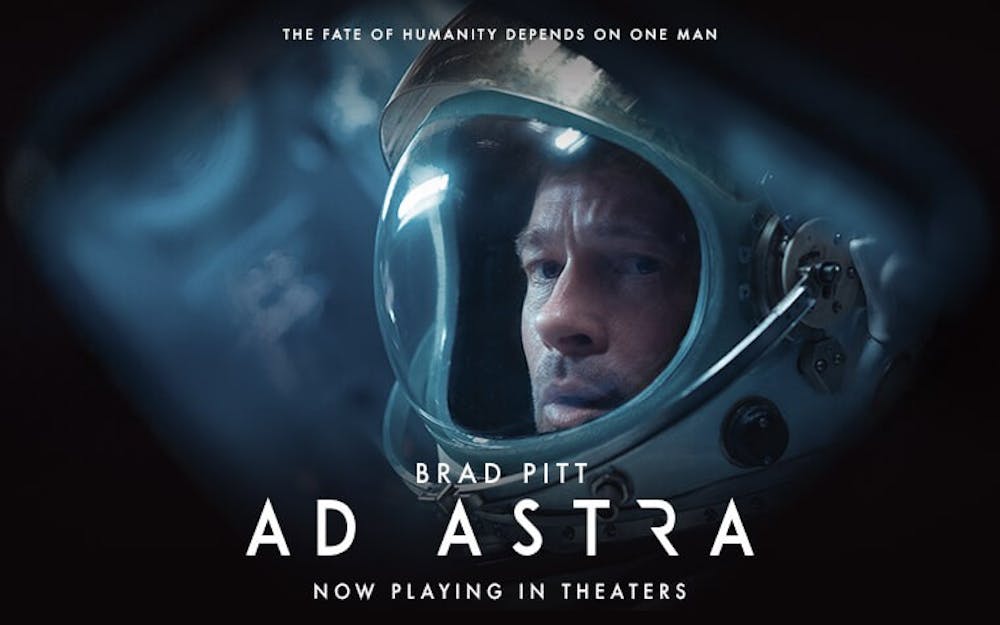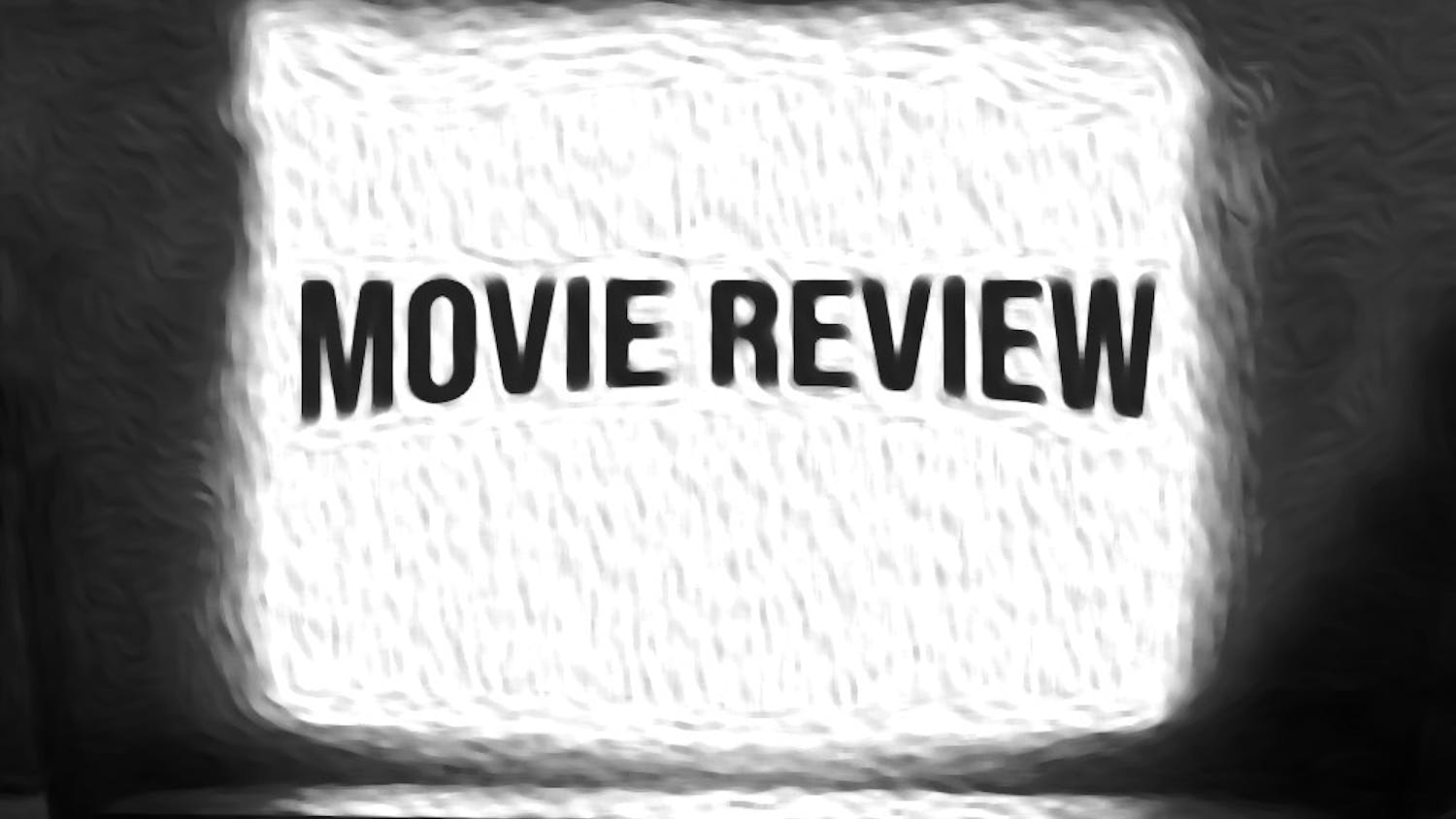Brad Pitt is in space, and he’s not really sure why.
Such is the underlying premise of James Gray’s new addition to the space adventure genre, “Ad Astra” (PG-13). On paper, the plotline reads like many space missions from before. Sudden and unexplained cosmic energy surges are threatening all life on Earth. Roy McBride (Brad Pitt), one of America’s finest astronauts, is sent on a classified mission to save the world when the phenomenon is sourced to a missing space station that was commanded by Roy’s father, H. Clifford McBride (Tommy Lee Jones).
The film itself, however, is anything but a typical space action film. It is, first and foremost, an intense, psychological acting showcase for Pitt, as the script plumbs the deep questions of human existence on Roy’s search for his father and for meaning to his own life.
Of course, there are plenty of jaw-dropping action sequences along the way. In particular, a high-speed moon rover chase early on takes full advantage of the alternative gravity of the moon environment to create an exhilarating fight-scene. Other scenes are equally spectacular, and there are too many to fully describe in detail here. Those looking for incredible visuals of the cosmos will not be disappointed.
An all-star cast of supporting characters show up throughout Roy’s journey. They come and go quickly, filling out each step of the trip, but the likes of Donald Sutherland and Ruth Negga manage to make those small parts memorable. Jones also owns his role, but the movie fully belongs to Pitt.
Pitt finds a role here that may even overshadow his much-acclaimed supporting part in Quentin Tarantino’s “Once Upon a Time in Hollywood” this summer. Vast stretches of the film feature him alone, traveling through space and contemplating his own psychosis and humanity’s place in the universe. This highlights how minimal dialogue can be used to incredible impact — a deep delve into the mind of the actor, largely acted out solely with nuanced facial expressions and physical stature.
As for its faults, the movie often relies on voiceover, with varying results. While some aspects of the narration are integrated into the plot, at some points, its presence is less than fluid.
All in all, it is worth noting that this movie is not for everyone. Despite the excellence of the interspersed action sequences, it is primarily a visual and psychological journey, and as such may prove slow to viewers for whom this sort of picture isn’t their type.
But for those who are down for drawn-out mental adventures, this is absolutely the manner of movie that requires multiple viewings to unpack the themes. Bookended by dueling psychological tests recorded by Roy, the movie takes the question of “Are we alone in the universe?” and turns it on its head. What does that fascination say about ourselves?
Ad Astra – 4/5 stars





